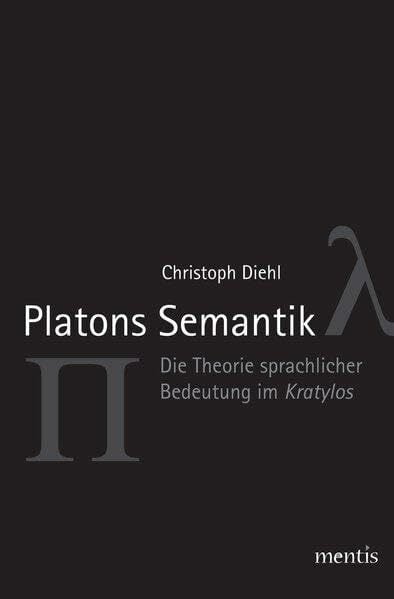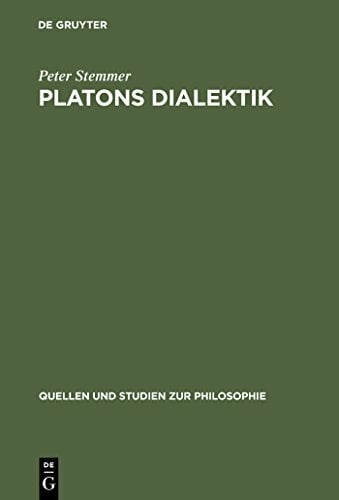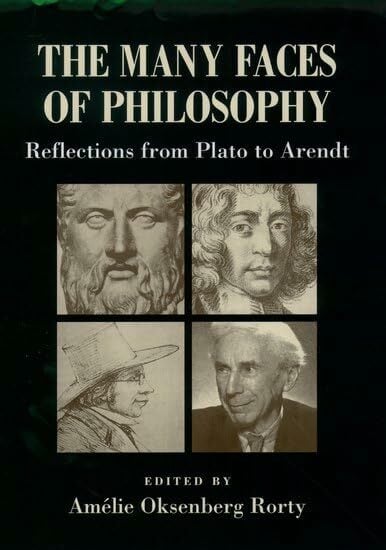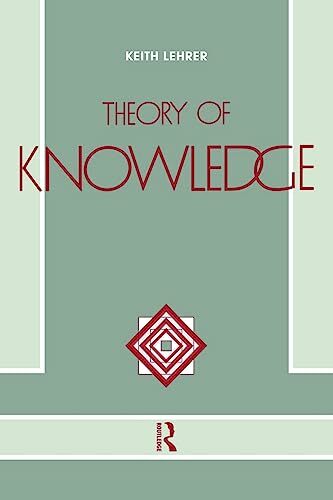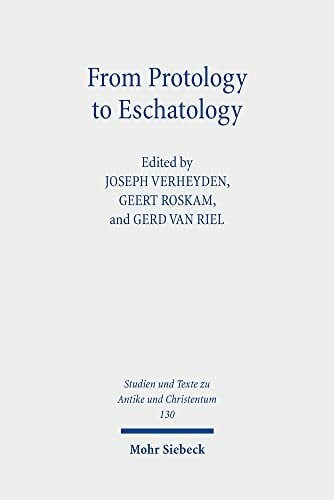
Platos's Theory of Ideas
Kurzinformation
inkl. MwSt. Versandinformationen
Artikel zZt. nicht lieferbar
Artikel zZt. nicht lieferbar

Beschreibung
Paul Natorp's monumental work, Plato's Theory of Ideas. An Introduction to Idealism (1903, 2nd ed. 1921), is a fascinating and highly original work which merits renewed study not only as a significant document of German Neokantianism, but as an important contribution to our understanding of Plato. Natorp's interpretation, far from being an uncritical projection of Kant back onto Plato, is a remarkable attempt to dissociate the theory of ideas from its Aristotelian reception, still dominant today, which sees the ideas as transcendent substances, and to argue that Plato's theory is basically a theory of explanation. In particular, Natorp argues that Plato's ideas are simply explanations, or laws, rather than substances; and what the ideas explain is in the first instance the possibility and nature of thought and knowledge, and only as a consequence the nature of reality. Natorp emphasizes the broadly Kantian origins of his approach, but he takes issue with Kant on a number of crucial points, and this not least is what allows him to defend a transcendental interpretation of Plato's theory of ideas. This volume contains a complete translation of Plato's Theory of Ideas; an introduction which summarizes Natorp's interpretation of Plato, its relation to Aristotle and Kant, and its continued importance; along with a postscript which positions Natorp within German, and in particular Marburg, Neokantianism.
Produktdetails

So garantieren wir Dir zu jeder Zeit Premiumqualität.
Über den Autor
Vasilis Politis teaches at Trinity College Dublin. He was educated in Oxford University. He has just published Aristotle and the Metaphysics (Routledge). John Connolly, has, with John Minahane, translated Desiderius Lenz, The Aesthetic of Beuron and other

- Gebunden
- 304 Seiten
- Erschienen 1973
- De Gruyter

- Gebunden
- 468 Seiten
- Erschienen 1996
- Meiner, F

- perfect
- 136 Seiten
- Königshausen u. Neumann

- perfect
- 170 Seiten
- Königshausen u. Neumann

- paperback
- 196 Seiten
- Erschienen 1991
- J.B. Metzler

- turtleback
- 233 Seiten
- Erschienen 1998
- Vieweg+Teubner Verlag

- Gebunden
- 472 Seiten
- Erschienen 2019
- Meiner, F

- Hardcover
- 408 Seiten
- Erschienen 2007
- Wissenschaftliche Buchgesel...

- Kartoniert
- 216 Seiten
- Erschienen 2014
- Meiner, F
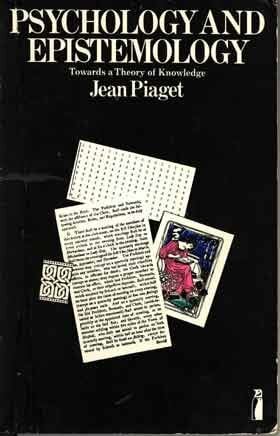
- paperback
- 120 Seiten
- Erschienen 1983
- ELT











